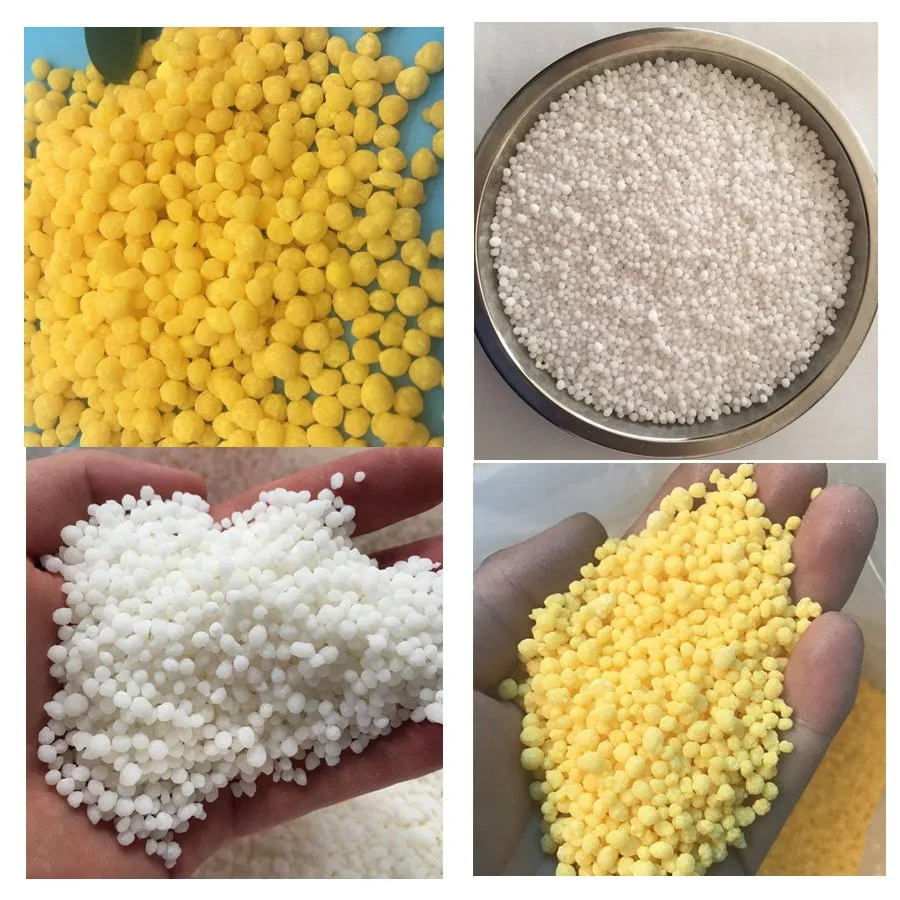
Kas . 07, 2024 21:30 Back to list
Benefits and Applications of Ammonium Sulfate as a Fertilizer in Agriculture
Ammonium Sulphate Fertiliser An Overview
Ammonium sulphate is a widely used fertiliser in agriculture, known for its ability to provide essential nutrients to crops while also improving soil quality. Comprising approximately 21% nitrogen and 24% sulphur, ammonium sulphate has distinct properties that make it an excellent choice for various soil types and crops. This article explores the characteristics, benefits, application methods, and potential challenges associated with ammonium sulphate fertiliser.
Characteristics of Ammonium Sulphate
Ammonium sulphate (NH4)2SO4 is a white crystalline solid with high solubility in water, making it easy to apply. As a nitrogen source, it releases ammonium ions (NH4+) when dissolved, which plants can readily absorb. Sulphur, an essential macronutrient, is vital for the formation of amino acids, enzymes, and vitamins in plants. The dual nutrient profile of ammonium sulphate promotes vigorous plant growth and enhances crop yield.
The use of ammonium sulphate is particularly important in soils that are low in both nitrogen and sulphur. It is often recommended for crops such as corn, wheat, and canola, which have high nitrogen and sulphur demands. Additionally, the acidic reaction of ammonium sulphate in the soil can help lower the pH, which can be beneficial for certain crops in alkaline soils.
Benefits of Ammonium Sulphate Fertiliser
1. Nutrient Supply The primary benefit of ammonium sulphate is its high nitrogen content, crucial for plant growth. It promotes green, leafy growth by supporting chlorophyll production, which is essential for photosynthesis.
2. Sulphur Availability The unique inclusion of sulphur in ammonium sulphate is vital for synthesising essential amino acids and proteins in plants. This makes it particularly beneficial for crops that require high sulphur levels.
3. Soil Improvement Ammonium sulphate can improve soil structure and enhance microbial activity. The sulphur component can stimulate the growth of beneficial soil microorganisms, which in turn increases soil fertility and health.
4. Versatile Application This fertiliser can be applied in various ways—broadcasting, side-dressing, or through irrigation systems. Its solubility allows for convenient application during critical growing periods.
5. Cost-Effective Ammonium sulphate is generally economically viable compared to other nitrogen fertilisers, offering farmers an effective means to enhance crop productivity without exorbitant costs.
ammonia sulphate fertiliser

Application Methods
The application of ammonium sulphate can be tailored based on crop needs and soil conditions. Common methods include
- Broadcasting This technique involves spreading the fertiliser evenly across the field, either before planting or during the growing season. - Side-Dressing Applying ammonium sulphate in rows alongside growing crops can help meet their nutrient demands without interfering with germination. - Fertigation In this method, ammonium sulphate is dissolved in irrigation water, allowing for precise nutrient delivery to plants, enhancing uptake efficiency.
Potential Challenges
Despite its advantages, there are some considerations for the use of ammonium sulphate
1. Soil Acidity Over-reliance on ammonium sulphate can lead to increased soil acidity, which may necessitate re-liming efforts to maintain optimal pH levels for crop growth.
2. Leaching In sandy soils or under heavy rainfall, nitrogen from ammonium sulphate may be susceptible to leaching, thereby reducing its availability to plants.
3. Application Timing Timing of application is critical. Applying ammonium sulphate too early or too late can lead to reduced performance or denitrification losses.
4. Health Considerations Careful handling is necessary, as ammonium sulphate can be an irritant to skin, eyes, and respiratory systems.
Conclusion
Ammonium sulphate is a vital fertiliser that plays a crucial role in modern agriculture. Its unique combination of nitrogen and sulphur makes it a valuable asset for enhancing crop yield and soil health. By understanding its characteristics, benefits, and potential challenges, farmers can make informed decisions about fertiliser application, leading to more sustainable and productive agricultural practices. As global food demands increase, the importance of effective and efficient fertilisation strategies like ammonium sulphate cannot be overstated.
-
Premium 10 10 10 Water Soluble Fertilizer for All Plants
NewsJul.22,2025
-
Premium Amino Acid Fertilizer with Humic Acid & NPK Blends
NewsJul.21,2025
-
Premium 15-30-15 Granular Fertilizer for Balanced Growth
NewsJul.21,2025
-
Premium Granular Ammonium Sulphate: 21% N & 24% S Fertilizer
NewsJul.20,2025
-
Best 15-30-15 Granular Fertilizer for Boosting Flowering & Growth
NewsJul.20,2025
-
High-Quality NPK Fertilizer Raw Material Manufacturer & Supplier Trusted Factory Exporter
NewsJul.08,2025
